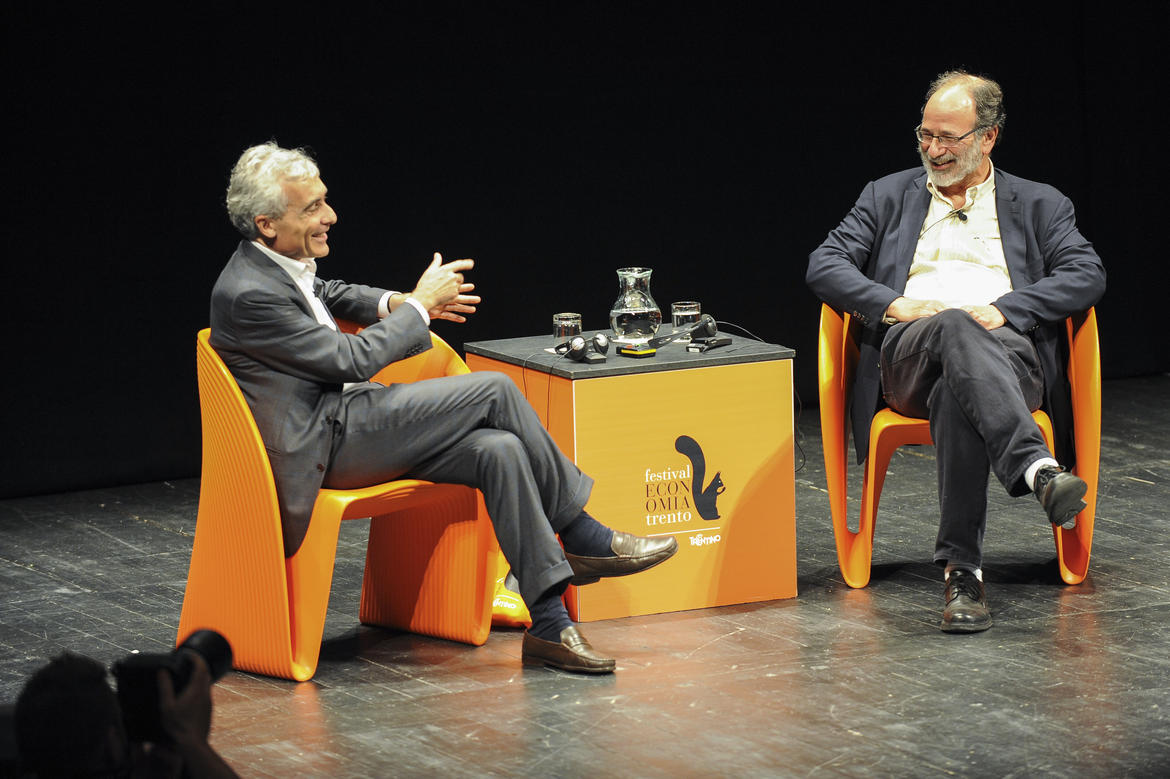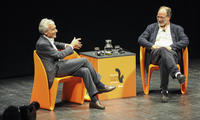
In much of the world, kidney disease is a death sentence. This is not the case in countries where patients typically go on dialysis to keep them alive until a transplant is available. Unfortunately, wealthy countries with adequate medical facilities, where dialysis is available, do not have enough organs for transplants, creating long and expensive waits for recipients; in the United States, 100,000 people require a kidney transplant annually while there are only 12,000 donors. Developing countries, specifically the Philippines and Mexico, offer a solution to this dilemma that is mutually beneficial as both countries have a low national demand for kidneys but poor outpatient care. Between developed and developing countries, Roth believes that a global kidney exchange could alleviate inequalities in healthcare systems around the world. He explains his proposal by examining kidney failure from a market perspective.
When we think of a market, we often think of a commodity market, like the New York Stock Exchange. However, when looking at the market of kidney exchange, such as the job market or the dating pool, it must be kept in mind that these are matching markets where we cannot exchange goods and services just because there is an opportunity. The conditions must be right. The job vacancy must be the right fit for your interests and qualifications, just anyone would not be "the one", and the kidney donor must be a match. By opening the kidney market across borders with the global kidney exchange, we also increase the possibility of kidney transplants by connecting more donors with recipients.
Of course, there are ethical concerns and regulatory restrictions. It is illegal in every country except Iran to buy and sell organs due to its strong association with the black market. Roth meets this criticism of the exchange by making the point that we are not exploiting developing countries, but we are entering a relationship that is mutually beneficial; building bridges instead of constructing walls. Furthermore, while these two countries are known to have the two largest illegal markets for organs, the exchange would give patients another option to turn to, diminishing the appeal of the black market and fostering equality in their national healthcare systems.
Web: http://2017.festivaleconomia.eu
Twitter: @economicsfest
Facebook: https://www.facebook.com/festivaleconomiatrento








